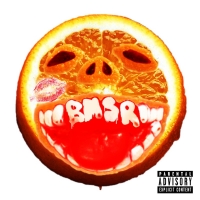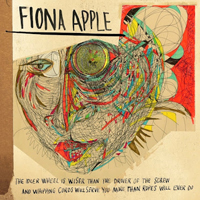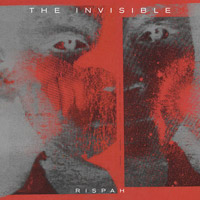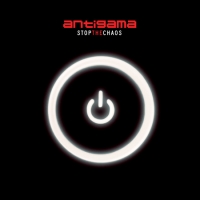 Black Moth Super Rainbow: Cobra Juicy (Rad Cult, 10/23/13)
Black Moth Super Rainbow: Cobra Juicy (Rad Cult, 10/23/13)
“Hairspray Heart”
Black Moth Super Rainbow: “Hairspray Heart”
If the eccentric, lo-fi style of early Black Moth Super Rainbow releases seemed to destine principal member Tom Fec (AKA Tobacco) to permanent cult status, the last two BMSR albums have been marked by a dramatic shift toward production polish. And even though Fec has gone back to producing himself for latest album Cobra Juicy, the new material delves even further into pop than its 2009, Dave Fridmann-produced predecessor, Eating Us. The new album’s sound may surprise longtime fans who were drawn to Fec’s rough-hewn approach, but Fec himself is surprised that anyone took interest in his work in the first place.
“When I first started out making tapes in high school,” he explains, “I just knew that no one was going to like what I was doing. So I always made shit just for me. I never planned on doing shows; I never planned on doing anything. I was trying to make shit that no one else was making that I wanted to hear. [Third album] Dandelion Gum was the epitome of that, but that’s why the audience came to the table in the first place.”


















